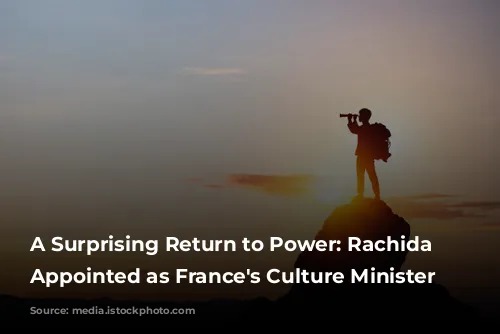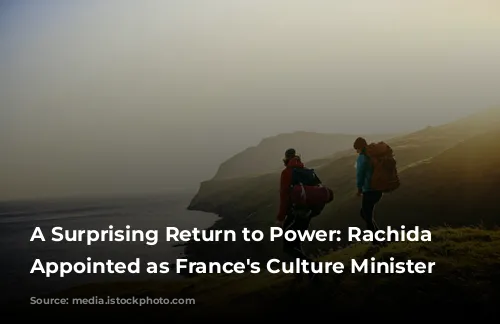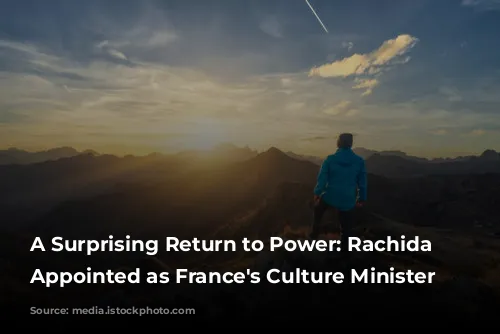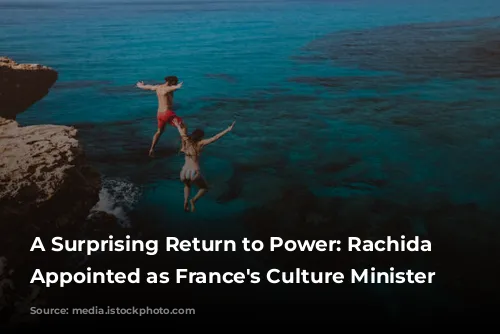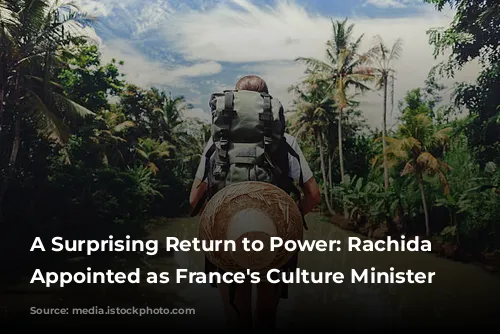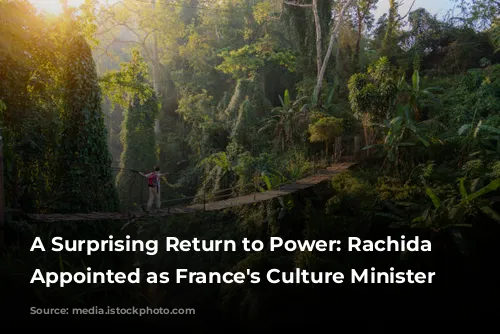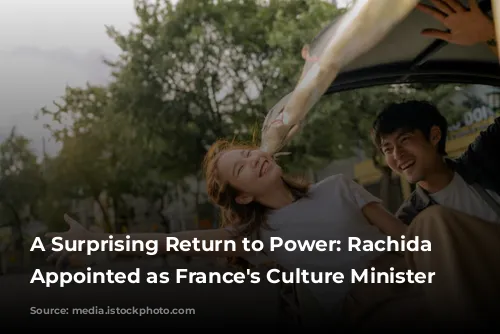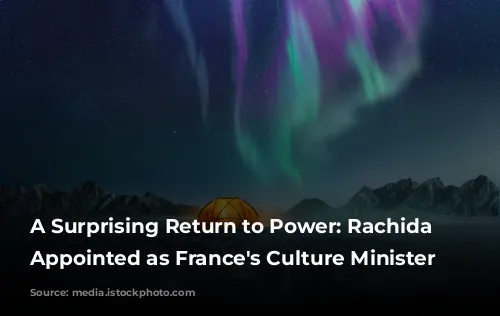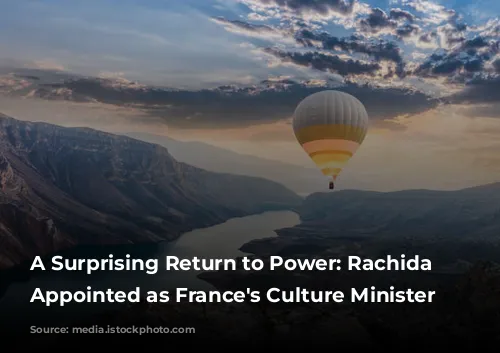Rachida Dati, a prominent figure on the French political landscape, has made a surprising comeback to the government. The former minister, known for her time under President Nicolas Sarkozy, has been appointed as France’s Culture Minister by President Emmanuel Macron. This unexpected move comes as part of a cabinet reshuffle under the new Prime Minister Gabriel Attal.
Dati’s appointment has sparked significant discussion and debate. She previously served as the Mayor of Paris’s 7th arrondissement representing the right-wing party Les Républicains. However, her return to government under Macron, a centrist leader, is a testament to the shifting political landscape in France.
A Trailblazing Figure in French Politics
Dati’s appointment carries historical significance. In 2007, she became the first Muslim woman to hold a major government post when she was appointed Justice Minister during Sarkozy’s presidency. This appointment resonated with many, as Dati’s journey from humble beginnings to high office was seen as a symbol of opportunity and progress. Sarkozy himself declared that Dati’s appointment conveyed a message of hope: “to all the children of France that with merit and effort everything becomes possible.”
However, Dati’s return to government is not without controversy. In recent years, she has become a vocal critic of the Socialist Mayor of Paris, Anne Hidalgo. Additionally, she has been involved in a legal investigation concerning her dealings with former Renault chief Carlos Ghosn. The investigation aims to determine whether €900,000 received by Dati in lawyer’s fees was for legitimate legal work or involved illegal lobbying. While Dati denies any wrongdoing, the ongoing investigation raises concerns about her appointment.
A Shift in Political Landscape and a New Era of Leadership
This cabinet reshuffle marks a new chapter in French politics, with several key changes in personnel and leadership. Rima Abdul Malak, the previous Culture Minister, has stepped down. She was part of a group of ministers who expressed concerns about Macron’s recent hardline immigration law. Furthermore, Prisca Thévenot, a rising star in Macron’s centrist group, has been appointed as the government spokesperson.
These changes reflect a larger shift in the political landscape as Macron seeks to navigate the challenges of his second term in office. His recent hardline stance on immigration, along with the ongoing investigation into Dati, raises questions about the future direction of his administration.
While the appointment of Stéphane Séjourné as Foreign Minister brings a fresh perspective, the ongoing investigation into Dati’s past highlights the complexities and challenges facing Macron as he attempts to balance the needs of diverse political factions.
This cabinet reshuffle promises to bring about a new era in French politics, one that will be shaped by a mix of seasoned figures like Dati and rising stars like Thévenot. However, the challenges facing Macron, particularly with the investigation into Dati, suggest that the road ahead will be a complex one.

